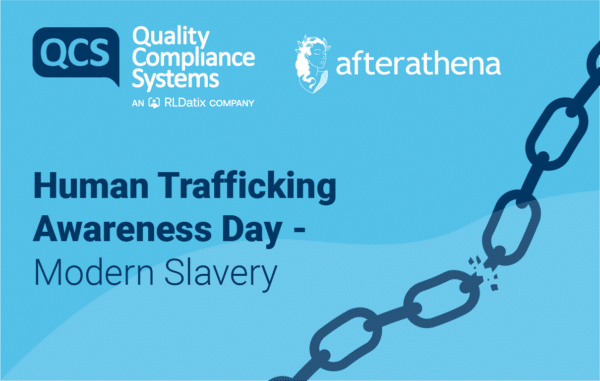National Human Trafficking Awareness Day is recognised annually on 11th January, serving as a reminder of the existence of human trafficking worldwide, and highlighting the role that all individuals have to play in the elimination of modern slavery. Modern slavery often occurs in employment, and employers should pay particular attention to the provisions of the Modern Slavery Act 2015 (The “Act”).
What is the Act?
The Act places a requirement on larger businesses to take action to identify and prevent modern slavery within their operations, and supply chains. Organisations are required to submit an annual modern slavery statement, outlining the approach taken to deal with modern slavery risks, where the following criteria are met:
- The organisation is a body corporate or a partnership, wherever it is incorporated or reformed
- It carries on a business, or part of a business in the UK
- It supplies goods or services; and
- It has an annual turnover of £36 million or more
Where an organisation does not meet the criteria, a statement is not required to be published. However, some businesses may choose to do this, perhaps in policy format, to demonstrate the measures they have taken to tackle modern slavery.
Examples of Modern Slavery
In the context of employment law, some common examples are as follows:
- Forced Labour – where an individual faces threats of violence, and has to work without having voluntarily agreed; this could be from the employer themselves or a third party, such as a human trafficking gang
- Child Labour – forcing a child to work against their will, possibly in hazardous conditions; and
- Bonded Labour – forcing an individual into slavery to pay off their own, or the loans of others. People may be strategically trapped so that they never pay off their debt
Red flags for employers to look out for:
- Wages – employees asking for wages to be paid into bank accounts in other people’s names
- Hours – employees offering to work excessive overtime
- Addresses – multiple employees registered at the same addresses
It is important that employees can spot signs of modern slavery, and it would be sensible to include examples of ‘red flags’ within a modern slavery policy and associated training.
Guidance for Employers
- Implement a Modern Slavery Policy – Whilst this is not a legal duty, it allows an employer to outline measures taken to help eliminate modern slavery, including how to identify warning signs
- Issue a modern slavery statement – This will be mandatory where the criteria are met, although an employer may choose to do this regardless, to highlight preventative measures taken
- Perform due diligence – An example includes conducting appropriate risk assessments to detect the risk of modern slavery both within the business, and supply chains
- Provision of training – Highlight to employees how to recognise, prevent and report modern slavery. This will be specifically relevant for those in HR, or involved in the recruitment process
- Clear reporting mechanisms – Direct workers to the Raising Concerns, Speaking up and Whistleblowing Policy and Procedure, and provide other avenues to raise concerns about modern slavery
Be aware that the presence of modern slavery not only undermines the rights of individuals, but can result in a serious damage to an organisation’s reputation.





